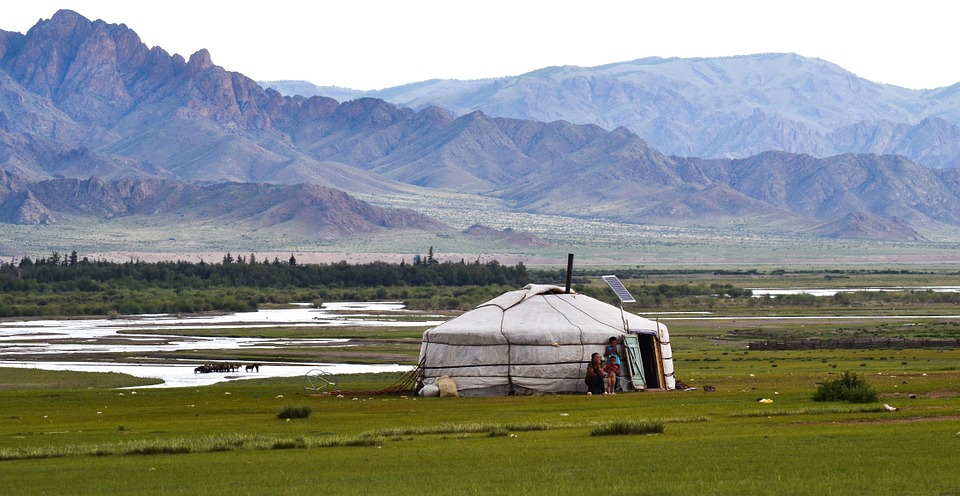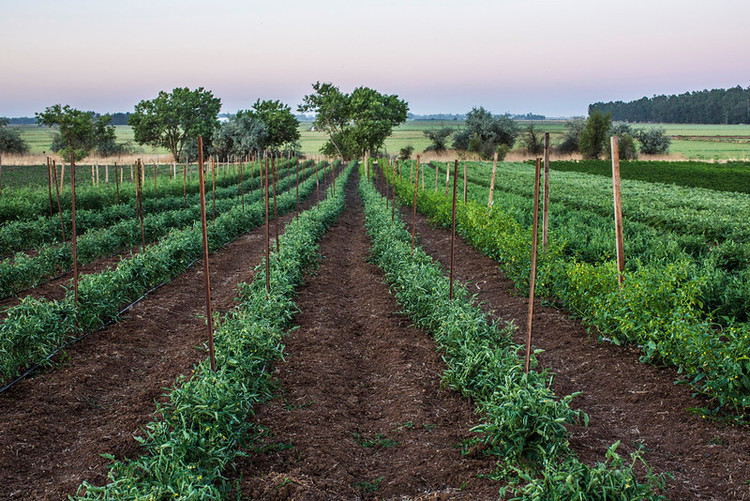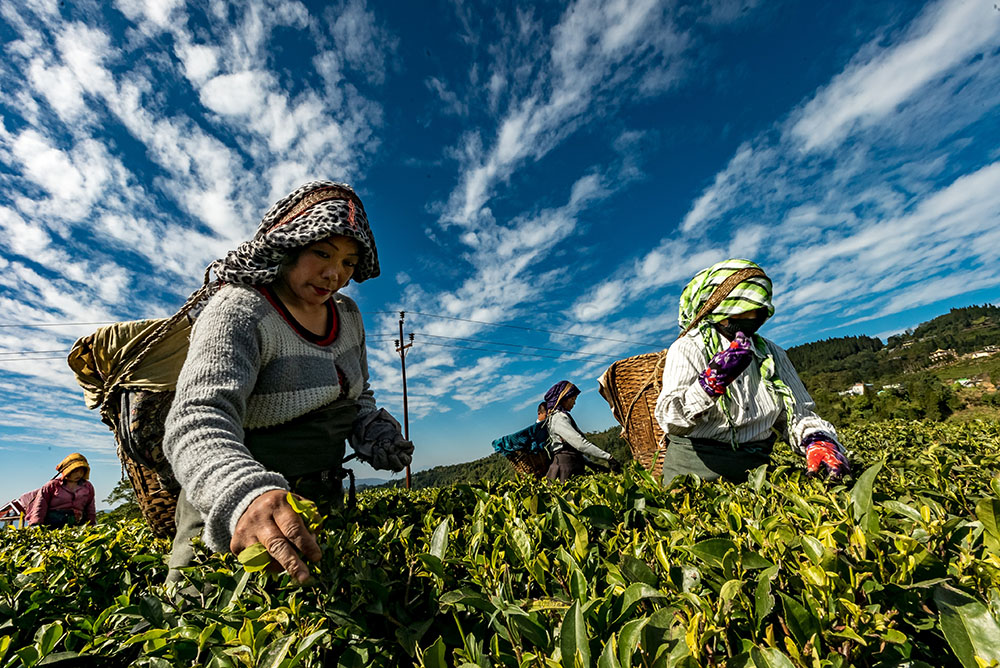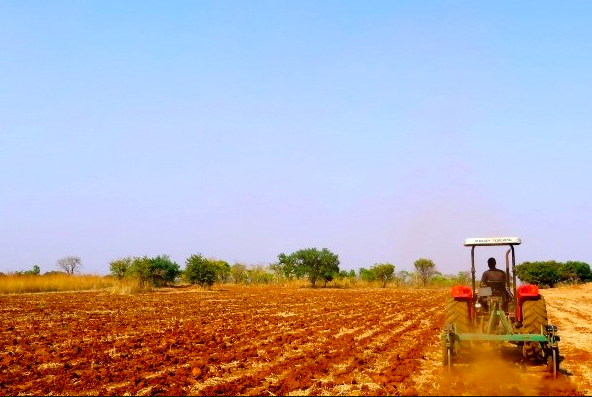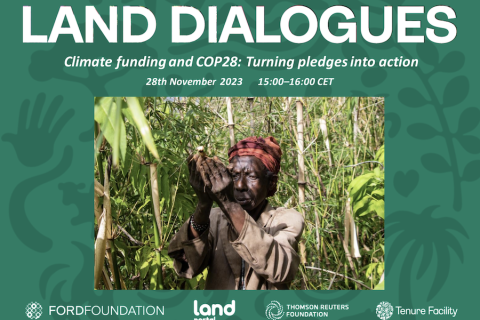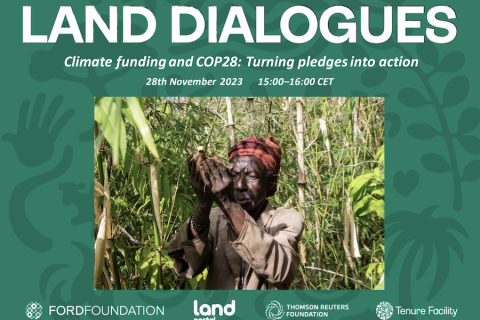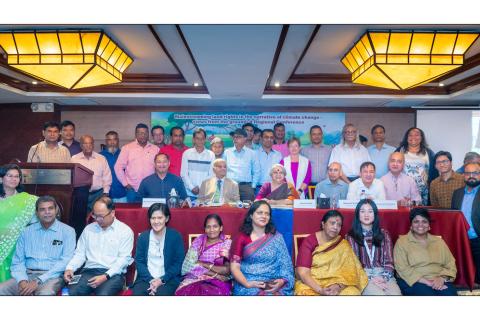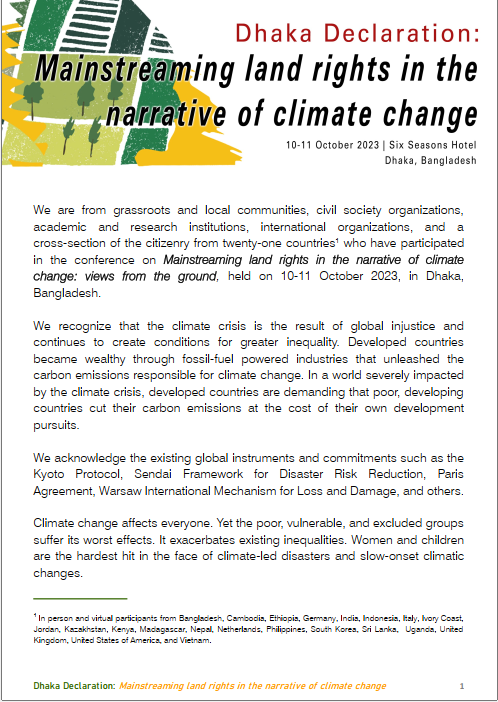
Topics and Regions
Details
Location
Contributions
Displaying 31 - 40 of 405Bridging Geographic, Linguistic and Digital Divides: My Journey as a Land Portal User
In our current digitally connected world, pessimistic studies of social media use and mental health seem to be appearing everywhere. The basic premise of such research is as follows: in a world where we are seemingly constantly social, via our screens and devices, it is ironically, now more than ever, that as a society we are now plagued with an epidemic of loneliness. Despite these claims, new evidence is now showing that it’s not all negative.
Virtual Learning: My Journey as a Land Portal User
Data, big data and open data can often seem complicated, convoluted and at times, even distant words that have little meaning in our daily lives. More importantly, for the purposes of our work, understanding and communicating how these concepts can lead to better land governance for the rural poor can present some complexities. Through our Impact Stories section, we are looking to document the stories of change that happen around the Land Portal’s initiatives, as minute or significant as they may be.
Jur Schuurman
Breaking Language Barriers: Linking Communities Through LandVoc
There is power in language and there is no doubt that the words we use denote power dynamics. Using the right language, and to some extent the languages we speak, affect our ability to participate in the world around us, to act upon it and to strive for and enact social change.
Stacey Zammit, Mike Powell
Land Governance Lost in Translation: Exploring Semantic Technologies to Increase Discoverability of New Technologies & Data
It is said that the languages which we speak changes our thoughts and the way we think. What is more, is that new research shows that the many subtle differences across languages might actually change the way we experience the world around us. Sara Jani, Project Monitoring and Knowledge Management Coordinator at ICARDA says the following about the array of languages and words we use on a daily basis: “Our ancestors used to say each tongue (language) is a human being" "
Lisette Mey and Stacey Zammit
Uncovering the Facts: My Journey as a Land Portal User
Having and using information has always been a powerful force for change, helping to fight corruption, enabling citizens to participate more fully in public life and allowing people from all walks of life to exercise their fundamental human rights. We are living in a time in which paradoxical topics such as ‘fake news’ and ‘big data’ are part of our everyday lives.
Anthony Mushinge
Webinar recap : Securing tenure - Enhancing Disaster Management and Adaptation
Climate-change induced disasters and communities’ responses to protect themselves and design solutions have become a top priority on the climate agenda. This webinar aimed to draw attention to the underexplored nexus of climate change, natural disasters, and tenure (in)security through presentations from participants from across regions.
Suggested questions that the webinar addressed were:
Webinar Recap : Climate Funding and COP28 : Turning Pledges into Action
Under the umbrella of the Land Dialogues series, the third webinar of this year’s series “Climate Funding and COP28 : Turning Pledges into Action” took place on November 28th, 2023. The webinar drew in a little under 200 participants and featured panelists from Indigenous leaders to donors. The series is organized by a consortium of organizations, including the Land Portal Foundation, the Thomson Reuters Foundation, the Ford Foundation and the Tenure Facility.
Climate Funding and COP28 : Turning Pledges into Action
The UN’s past two global climate summits have been big on promises for Indigenous Peoples. At COP26 in 2021 governments and private philanthropies pledged nearly $2 billion for Indigenous Peoples and local communities to fight deforestation. Last year’s COP27 led to the creation of a new “loss and damage” fund to help vulnerable communities respond to climate disasters.
Dhaka Declaration: Mainstreaming land rights in the narrative of climate change
This document includes recommendations to different stakeholder groups (from governments to UN organizations) to operationalize a human rights-based approach to climate justice that affirms the link between climate action and land tenure security of the rural poor.

